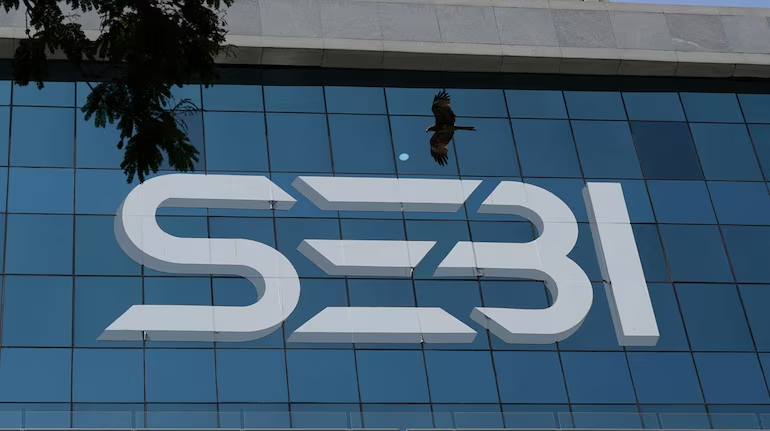The Securities and Exchange Board of India (SEBI) has launched a detailed investigation into the misuse of proprietary (prop) trading accounts after reports of large-scale violations involving multiple brokerage firms surfaced.
What initially appeared to be a minor ₹5 crore irregularity has now expanded into an estimated ₹150 crore scandal, according to officials familiar with the development. SEBI has instructed stock exchanges to conduct a comprehensive inquiry and submit their findings on the scope and extent of the violations.
Brokers Shared Prop Accounts With Outside Traders
Preliminary findings suggest that several brokerage firms illegally allowed individual traders in other cities to operate through their internal prop-trading terminals — a practice strictly prohibited under SEBI rules.
In one case, a Surat-based brokerage allegedly granted remote terminal access to traders in Delhi-NCR, Jodhpur, Kolhapur, and Ranchi. Similarly, a Delhi-NCR firm reportedly enabled traders in Jodhpur and Mumbai to place trades through its proprietary accounts.
In return, these brokers are said to have entered into profit-sharing arrangements with the outside traders — a direct violation of proprietary trading norms that prohibit third-party access or benefit-sharing.
SEBI Directs Stock Exchanges to File Reports
A senior SEBI official, speaking on condition of anonymity, confirmed that instructions had been issued to all major exchanges to verify the alleged misuse.
“The matter is being treated with utmost seriousness. Exchanges have been directed to conduct a detailed examination and submit their reports,”
the official said.
Initial assessments indicate that the unauthorized access may have facilitated unmonitored trades, raising concerns about market manipulation and regulatory blind spots in existing surveillance systems.
What Is Proprietary Trading — and Why It Matters
Proprietary trading (or “prop trading”) refers to a practice where a brokerage or financial institution trades in securities using its own capital, rather than client funds. These trades are meant to be internal and are subject to stringent controls to avoid conflicts of interest.
However, the current case suggests that some brokers rented out or shared these internal accounts with external traders — allowing them to use the firm’s credentials to execute trades and then share profits. Such conduct undermines transparency and blurs accountability in market transactions.
A senior compliance executive at a leading brokerage remarked:
“This kind of misuse creates both operational and reputational risk. It allows shadow traders to bypass oversight and exploit firm-level trading privileges.”
Forensic Review Underway
SEBI has now ordered a forensic audit of the trading activity linked to the suspected brokers. The audit will scrutinize:
- The total number of prop accounts that were misused,
- The identities and locations of traders with unauthorized access, and
- The volume and profits generated through these trades.
If violations are confirmed, SEBI is expected to take strong enforcement action, including suspension or cancellation of brokerage licenses and penalties under the SEBI Act and the Securities Contracts (Regulation) Rules.
Industry Reaction: “Market Integrity at Stake”
Market experts say the case exposes critical gaps in compliance monitoring. A senior market analyst noted:
“When brokers start leasing terminals for profit-sharing, it compromises the very foundation of market integrity. SEBI’s swift intervention is essential to restore confidence among investors and institutions alike.”
The Road Ahead
The widening investigation signals SEBI’s growing focus on curbing unauthorized and opaque trading practices. As evidence emerges from multiple financial hubs — including Surat, Delhi-NCR, Mumbai, and Ranchi — more brokerages could come under the scanner.
The episode also underscores the urgent need for technology-driven surveillance, stronger internal compliance frameworks, and tighter supervision of proprietary trading activity to ensure accountability within India’s capital markets.


